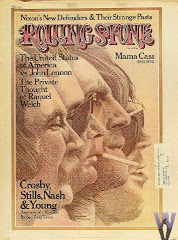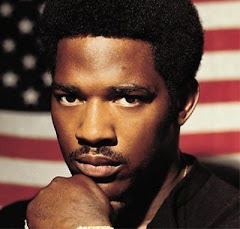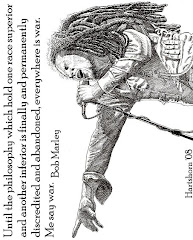It is well known that many artists choose to incorporate events and ideas of the time period into their music. One of the more prevalent yet controversial topics found in music is politics. Artists such as Bob Dylan, Creedence Clearwater Revival and Marvin Gaye, as well as Buffalo Springfield, wrote songs based on the politics of the 1960s, a crucial time period in history that has had everlasting effects on our nation. In the 1960s and 1970s, the United States became involved in the Vietnam War; however, many Americans did not believe in the idea of being involved in a war and found peace to be a better solution to the wide variety of problems and conflicts that existed between nations. For example, Buffalo Springfield expressed their own views and opinions of the Vietnam War, stating that not only the opposing nations but the United States as well, was wrong to be involved in the conflict. This opinion can be clearly seen through Buffalo Springfield's song "For What's Worth," as well as showing that the war had a lasting effect on society.
There are several poetic and literary devices that are used throughout the song "For What's Worth" that help contribute to the overall effectiveness of it. First and foremost, there is a paradox that can be found in the lines, "There's a man with a gun over there/Telling me I got to beware." In these lines, it is shown that there is a man that is holding a gun, a sign of violence or intimidation. This man, however, is telling the narrator to beware; if a man was holding a gun, it would be unexpected for him to tell others to beware of the war. These lines may also be considered a symbol, considering the man with the gun represents a soldier in the Vietnam War. There are also two metaphors that can be found, including the one found in the line, "Everybody look what's going down." Here, Buffalo Springfield is comparing what he sees is happening, or "going down" to the Vietnam War. In the line "There's battle lines being drawn," there is also a metaphor. This metaphor is comparing the battle lines being described to the claiming of territories that many nations in the war were doing. As well as metaphors, there are also a few hyperboles. In the line, "Nobody's right if everybody's wrong," who is right and who is wrong is being exaggerated. Obviously, the use of nobody and everybody are signs to a hyperbole since, in most situations, not all people agree. In the line, "A thousand people in the street" is also a hyperbole because of its use of the word thousand. It is doubtful that a thousand people could fit onto one street. Additionally, there is alliteration that can be found. The line, "Singing songs and carrying signs" demonstrates this because, out of the five words in the line, three of them begin with the letter 's.'
Buffalo Springfield's song "For What's Worth" is neither the first nor the last song that was created and written about war, or politics in general. Many artists and singers choose to voice their own opinion about what is happening in their society or nation through their music, as it is an effective way to get their views heard by the masses. Because of the idea of freedom of speech, Americans take the opportunity to speak their minds; though many of these opinions tend to speak against the government or military, they are accepted by many citizens of the nation. Because of these artists' voicing of their opinions, revolution and movements are able to spread widely throughout the nation.
Subscribe to:
Post Comments (Atom)












No comments:
Post a Comment